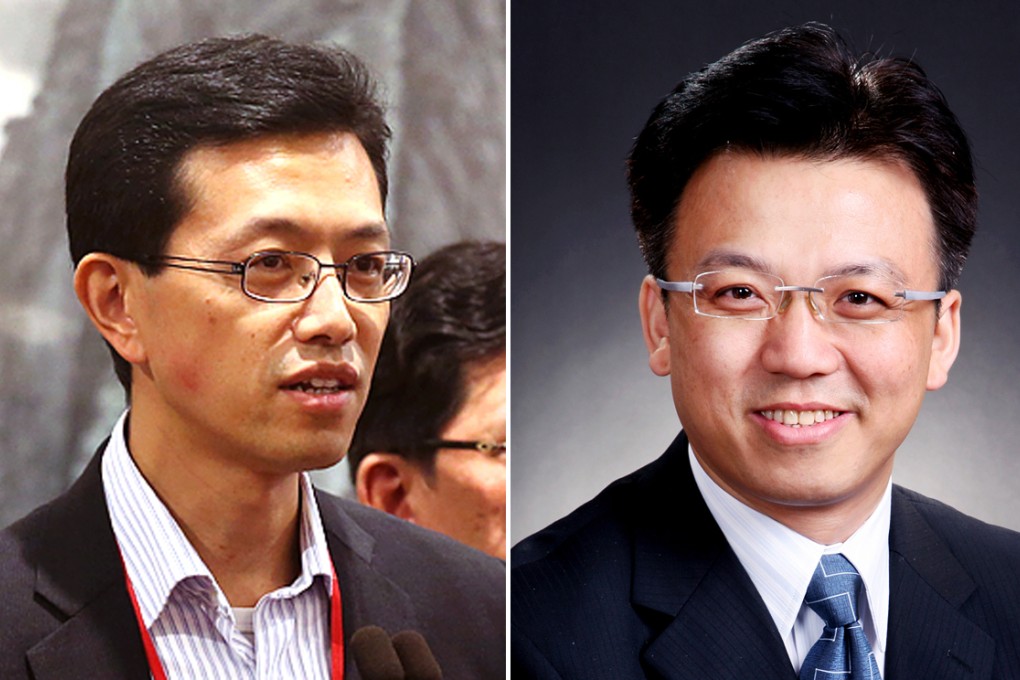Update | Hong Kong should make its own national security law rather than implement Beijing's, scholar says

Recent suggestions by a local deputy to the national legislature to apply the mainland's national security law to Hong Kong stem from a lack of progress in enacting such legislation in the city since the handover, a leading mainland academic on Hong Kong affairs said on Thursday.
Professor Jiang Shigong, deputy director of Peking University's Centre for Hong Kong and Macau Studies, said it would be better for the city to enact its own national security legislation.
He made his comments after National People's Congress deputy Stanley Ng Chau-pei urged pan-democrats to consider how to enact Hong Kong's own national security law if they thought it would be "the lesser of two evils", compared to applying the mainland's national law.
Jiang told the South China Morning Post there should be room for discussion on which method was better. "It's a matter of political judgment," he said.
"Under 'one country, two systems', it would be better for Hong Kong to enact the law on its own," he said. "A lot of issues would need to be resolved if mainland laws are introduced into Hong Kong, given the different legal systems in the two places."
Jiang said the central government had attached more importance to national security in Hong Kong since the Occupy protests.